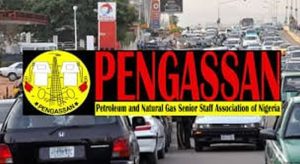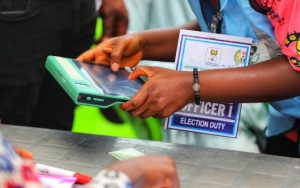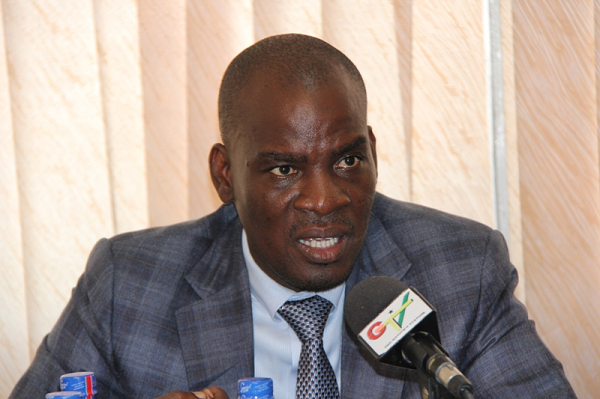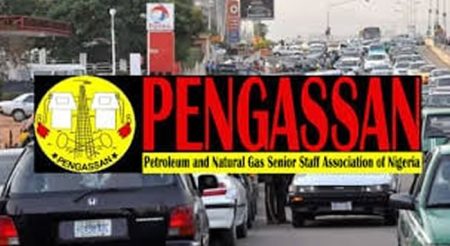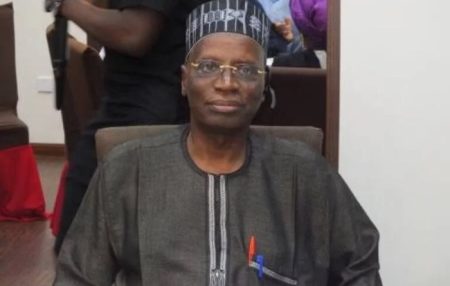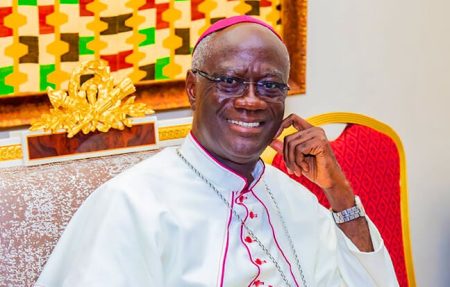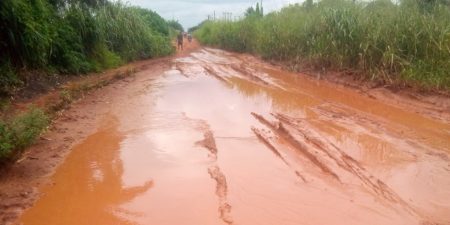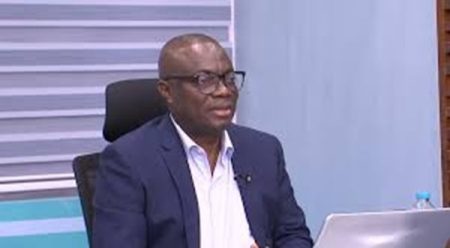Challenges Facing Colleges of Education in Ghana: A Call for National Dialogue
Ghana’s Education Minister, Haruna Iddrisu, has called for a national conversation to address the complex challenges facing students in colleges of education. His appeal, made during the inauguration of the councils of colleges of education in Accra, highlighted the need for a comprehensive approach to student welfare, particularly regarding feeding programs and financial aid. The Minister pointed to a potential conflict between existing policies, such as the “No Fees Stress” initiative, and the provision of allowances to students, raising concerns about duplication and the efficient use of resources. This call for dialogue underscores the government’s recognition of the importance of these institutions in training future educators and the commitment to ensuring their effectiveness.
The “No Fees Stress” Policy: A Cornerstone of Educational Support
Minister Iddrisu lauded the “No Fees Stress” policy as one of President Mahama’s most significant contributions to education. This policy, designed to alleviate the financial burden on students and their families, aims to ensure that financial constraints do not hinder access to higher education. By covering fees for first-year students, the initiative removes a major barrier to entry, paving the way for increased enrollment and broader access to educational opportunities. The Minister’s praise for the policy highlights its perceived success in expanding educational access and its potential to contribute to a more equitable and inclusive education system.
Potential Conflicts and the Need for Strategic Resource Allocation
While acknowledging the positive impact of the “No Fees Stress” policy, the Minister also raised concerns about its interaction with existing student allowance programs. With first-year students already benefiting from fee waivers under the “No Fees Stress” initiative, the simultaneous provision of allowances ranging from 400 to 500 cedis presents a potential overlap in financial support. This raises questions about the optimal allocation of resources and whether the combined benefits are truly meeting the intended goals. The Minister’s observation underscores the need for careful consideration of how various support mechanisms interact and how to maximize their effectiveness in addressing student needs without unnecessary redundancy.
Financing Educational Initiatives: Leveraging Oil Revenue for Sustainable Growth
Minister Iddrisu proposed utilizing oil revenue to fund the “No Fees Stress” policy, suggesting a dedicated and sustainable funding source for this crucial initiative. This proposal highlights the government’s commitment to investing in education and exploring innovative mechanisms to ensure long-term financial stability for educational programs. By linking the policy’s funding to oil revenue, the government aims to create a reliable stream of resources, reducing the vulnerability of the program to budgetary fluctuations and guaranteeing consistent support for students.
Strengthening Human Capital: The Role of a Scholarship and Bursary Authority
In addition to financing the “No Fees Stress” policy through oil revenue, Minister Iddrisu advocated for the establishment of a scholarship and bursary authority. This proposed authority would play a central role in managing and distributing financial aid to students, streamlining the process and ensuring that support reaches those most in need. The establishment of such an authority reflects a broader commitment to strengthening human capital development by enhancing access to educational opportunities and providing targeted support to students from diverse backgrounds. This initiative aligns with the government’s vision of investing in education as a crucial driver of national development and social progress.
Conclusion: A Collaborative Approach to Educational Advancement
Minister Iddrisu’s call for a national conversation on the challenges facing colleges of education underscores the importance of collaborative efforts in addressing the complex issues within the education sector. By engaging in open dialogue and seeking input from various stakeholders, the government aims to develop comprehensive and effective solutions that benefit students, institutions, and the nation as a whole. The proposed strategies, including leveraging oil revenue and establishing a scholarship and bursary authority, demonstrate a commitment to long-term planning and sustainable investment in education. The ultimate goal is to create a robust and equitable education system that empowers students, equips them with the skills and knowledge needed to thrive, and contributes to the overall development of Ghana.


